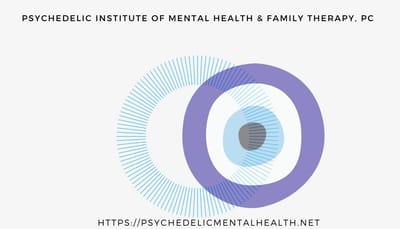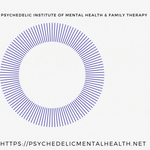Moderating factors in psilocybin-assisted treatment affecting mood and personality: A naturalistic, open-label investigation (Irrmischer, et al, 2025)
"Findings indicate that individual psilocybin-assisted therapy has the potential for beneficial effects on mood and personality characteristics. Moreover, the study highlights the importance of subjective experiences and demographic factors in moderating this effect."
Intravenous ketamine versus esketamine for depression: a systematic review and meta-analysis (Elmosalamy, et al, 2025)
"Based on the currently available comparative evidence, which is almost entirely observational, IV ketamine and IN esketamine show comparable acute response and remission rates, though IV ketamine may act faster."
Unfolding States of Mind: A Dissociative-Psychedelic Model of Ketamine-Assisted Psychotherapy in Palliative Care (Gonçalves Campolina & Tuena de Oliveira, 2025)
Dissociative-psychedelic model offers a compassionate, pragmatic, theoretically grounded approach to relieving psychological & existential suffering in palliative care
The Role of Psychedelics in the Treatment of Substance Use Disorders: An Overview of Systematic Reviews (Correa de Costa, et al, 2025)
"...evidence suggests that the use of serotonergic and non-serotonergic psychedelics (ketamine) for the treatment of SUD may provide advantages over traditional therapeutics, and these compounds may eventually become part of the next generation of treatments for SUD under specific circumstances."
Spotlight: A long, strange trip: Ketamine treatment in psychiatry (Nutt, et al, 2025)
"...mystical experiences were strongly related to immediate and sustained psychiatric benefits at the group level and on an individual, session-by-session basis across the six doses, providing mechanistic support for ketamine-psychotherapy pairings."
Spotlight: Changing your mind: neuroplastic mechanisms underlying the therapeutic effect of psychedelics in depression, PTSD, and addiction (Palhas, et al, 2025)
"Serotonergic psychedelics & ketamine appear to share common cellular mechanisms. They both recruit glutamatergic neurons to stimulate BDNF-trKB signaling, promoting synaptogenesis via the mTOR pathway. These changes may explain their efficacy in depression, anxiety, PTSD, & addiction."


